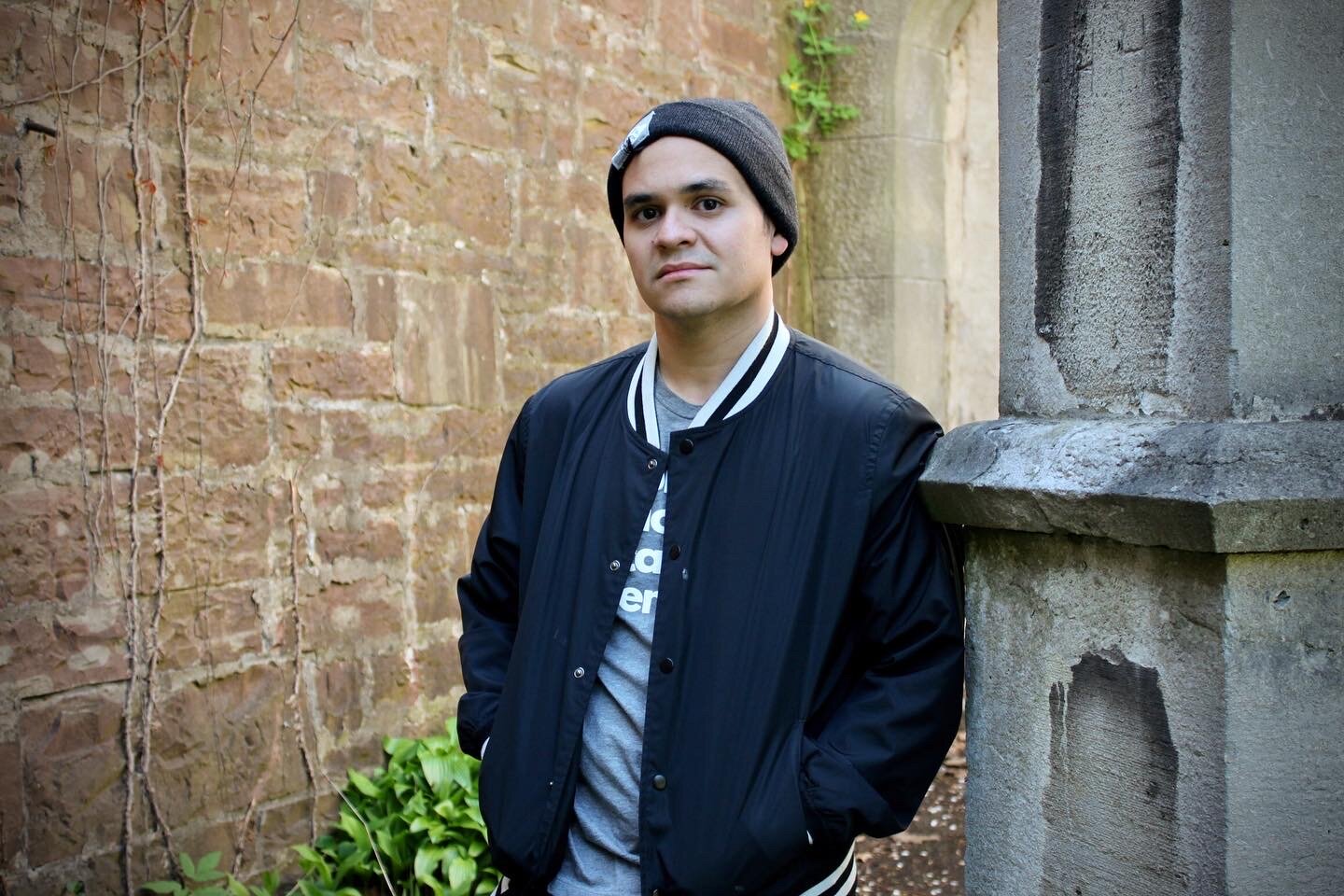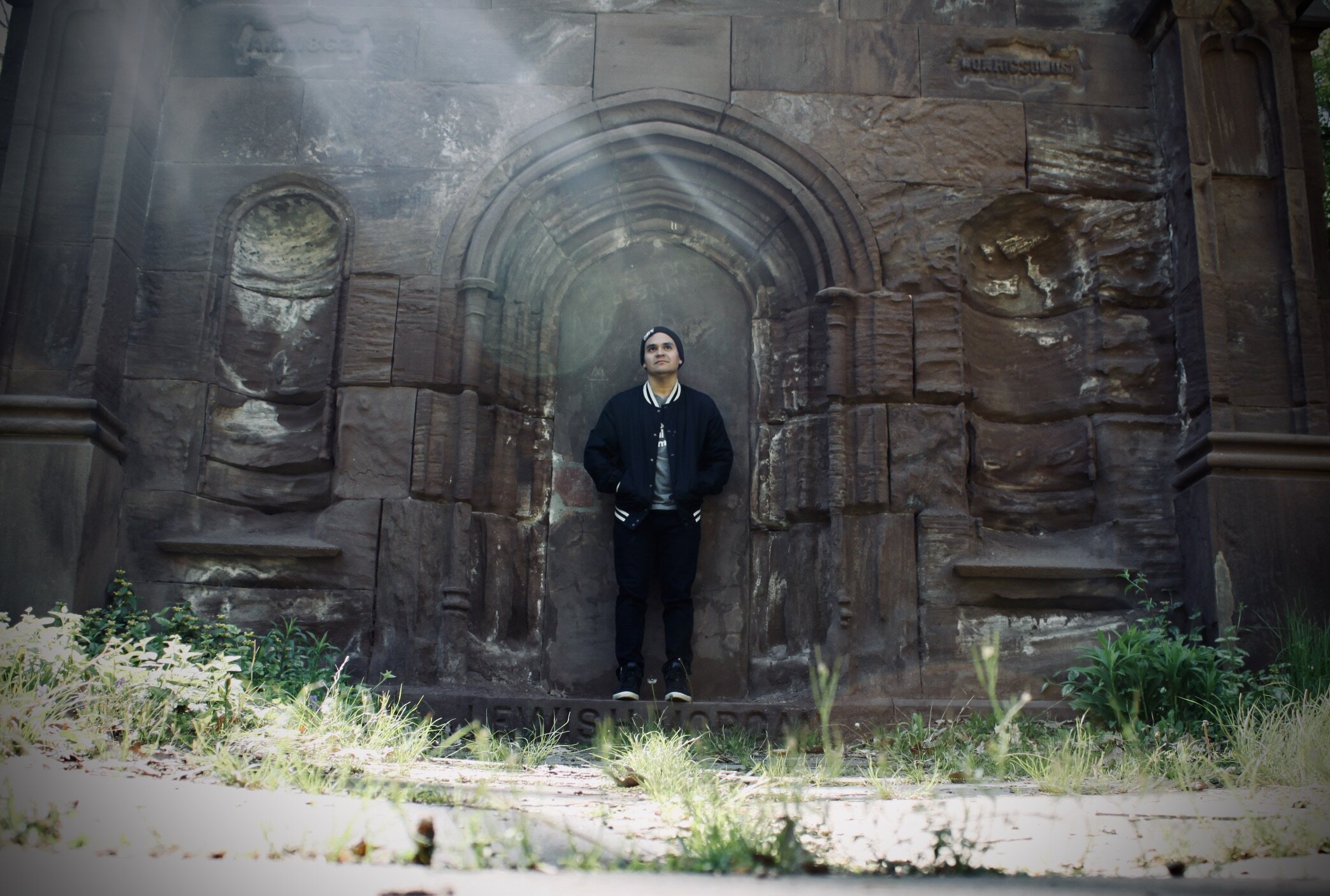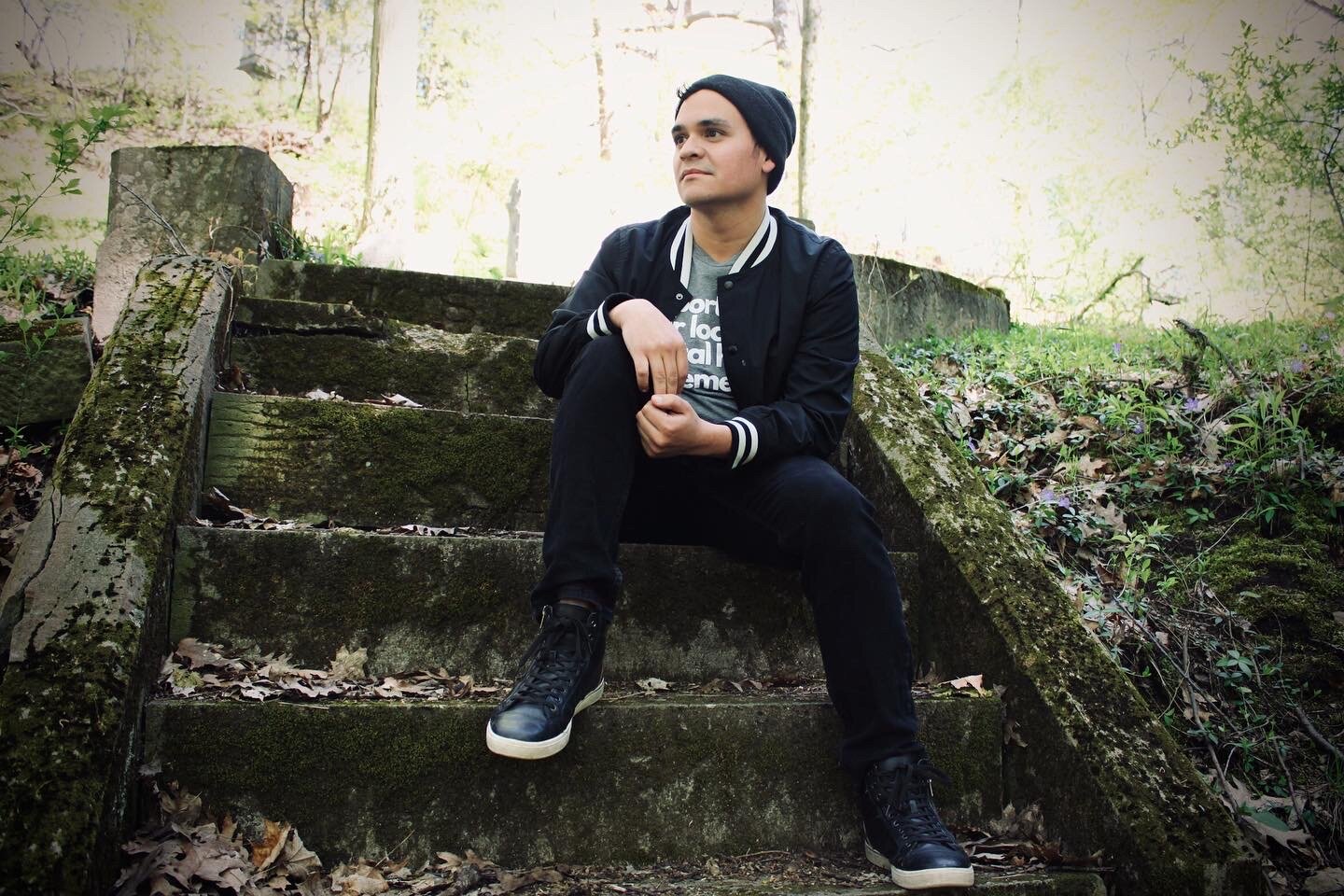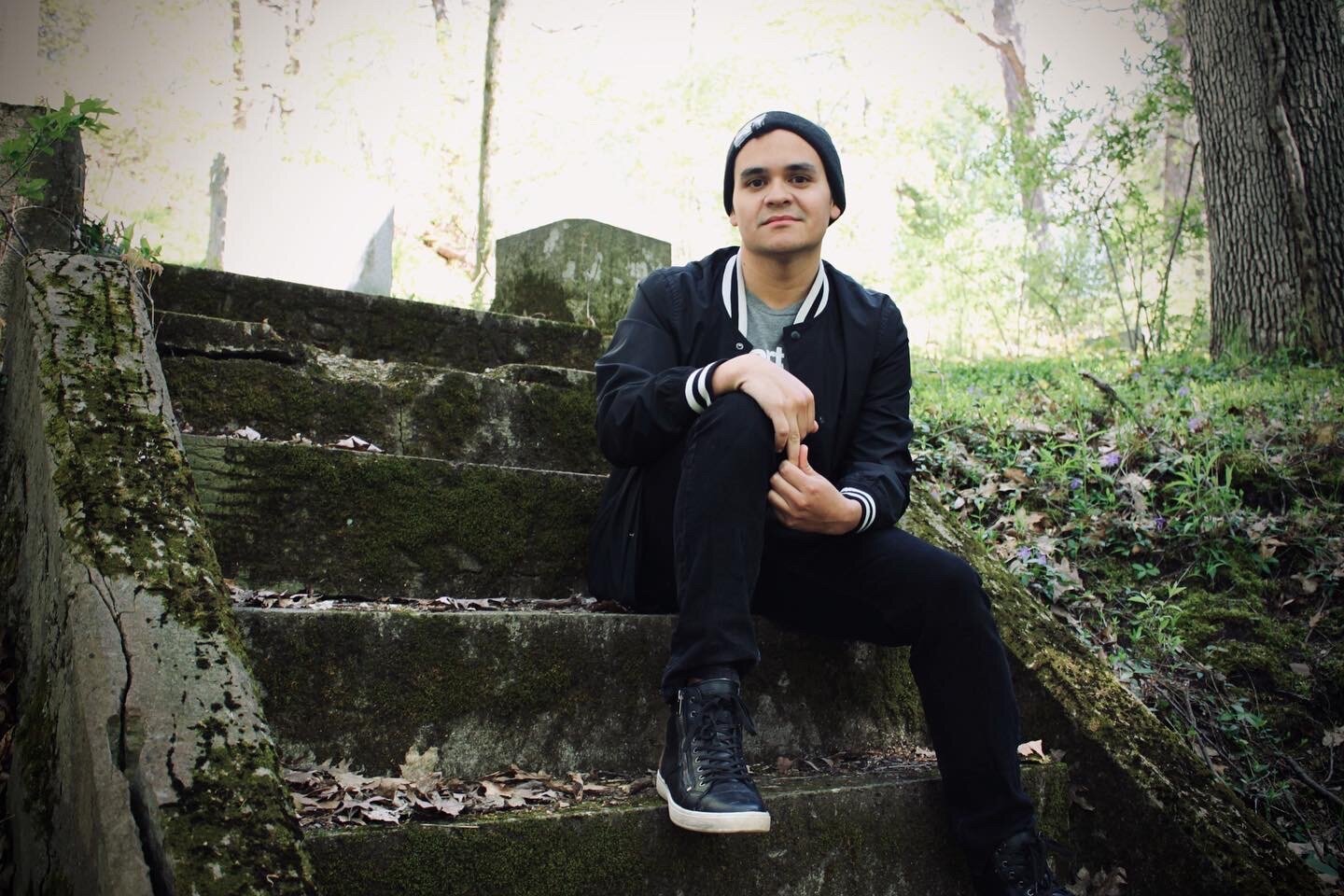Michael Colòn
“I believe most comedians come from a background of pain and suffering and being funny was just a coping mechanism to basically survive through all of it. At least, I know this is true for me. My life as a child felt so dark and hollow that I was constantly on the lookout for things that made me laugh to feel a sense of relief from all the tension happening around me.”
NAMI: Have you ever had any mental health struggles?
MC: I’ve definitely had my fair share of mental health struggles throughout my life. I was diagnosed with Bipolar II Disorder back in 2017. This was a very difficult time for me, as much as I love to say I’m progressive with the mental health movement and want to de-stigmatize all of it. I was very much in denial when I was told this, I fought the diagnosis for some time. I felt shame and embarrassment upon finding this out. It helped me reflect upon my life and kind of look at it from a third-person perspective. I could easily see the manic episodes, staying up until 2 or 3 a.m. just cleaning my apartment. Feeling a sense of irritability and I could never really pinpoint why. I was definitely self-medicating during this time. I would use alcohol or drugs to try to self-soothe or calm myself down. During my depressive episodes, I would overindulge in coffee (which I still do). I would seek out adrenaline-inducing behavior and dangerous situations. Anything to kind of feel alive and not sad. When you’re living with this kind of illness, you can’t see how it’s not normal behavior. It was my whole life, I thought the manic episodes and depressive episodes were totally normal. Having episodes of non-stop crying or only sleeping was just another day in my life. So being forced to look at it from outside of myself was one of the most painful experiences of my life. It took some time and adjustment to kind of be gentle with myself for all the pain and chaos I lived with because of my undiagnosed illness.
NAMI: How have you healed, recovered, and grown from your experiences?
MC: I would say the biggest struggle in my life was the loss of my brother at such a young age. I was only 11 when my brother passed away at 15 years old. This was not something I truly started processing until I hit my 20s. I’ve healed by letting go of all the anger and confusion that came from losing someone so close to me at such a young age. I truly believe grief is a lifelong process and not something you’re truly ever going to be “done” with. I would say part of my recovery comes from accepting the past for what it was. Not being in denial of it, not being angry at life, and living in a state of constant anger and pain. I’ve come to a place in my life where I’m trying to take the pain of losing my brother, and instead of using it as an excuse to destroy myself, I can use it as a way to encourage myself to heal and grow from it because I know that’s what my brother would have wanted for me.
NAMI: What forms of mental health-related stigma have you observed or run into personally?
MC: I’ve seen various forms of mental health stigma. The typical “therapy is for crazy people” kind of stuff. “Don’t trust therapists or psychiatrists, they are only trying to drug you and make you numb.” “Mental illness isn’t real, it’s just fake terms people have made up to control others.” Personally, I struggled with acceptance of it, even knowing that my therapist was right, I fought it tooth and nail. I didn’t want to be seen as broken and unstable. I hated applying for jobs and seeing Bipolar disorder listed as a disability that I would have to tell future employers about. It brought me a lot of shame.
NAMI: How do you practice self-care?
MC: Making sure I stick to a normal sleep schedule. I journal daily to help me track my moods and get a better idea of where I am at mentally. Making sure I have alone time even though I hate being alone. Saying no to things instead of my knee-jerk codependent reaction, which is always Yes. Setting boundaries with friends and family if I think it’s going to possibly threaten my mental health or if I’m in a vulnerable state of mind. Taking a day off from work or school if I feel like I’m on the verge of entering a manic or depressive episode. Always making time to engage in fun and relaxing activities to wind down. Doing stand-up comedy because it’s something I truly love.
NAMI: There’s a well-known paradox in comedy, which is that many comedians struggle with mental health issues, despite their job being to create happiness and laughter…
MC: I always joke that comedians are either sober, addicted, or dead — a dark joke, I know, but sometimes it feels too real. This paradox exists because it’s in our human nature to be able to give others that which we cannot give ourselves. I believe most comedians come from a background of pain and suffering and being funny was just a coping mechanism to basically survive through all of it. At least, I know this is true for me. My life as a child felt so dark and hollow that I was constantly on the lookout for things that made me laugh to feel a sense of relief from all the tension happening around me. I can’t tell you the number of days I felt so miserable and sad, only to have to go on stage later that night and have to make others laugh while I was in so much pain internally. I’ve made so much progress on this in my recovery, but I’m human and I have my days of pain.
NAMI: How does comedy improve your mental health?
MC: Comedy has allowed me to take some of the most tragic or painful things in my life and turn them into something humorous and enjoyable. There is no other feeling in this world like being able to go on stage somewhere, make people laugh, and get paid for it. I would never give it up.




